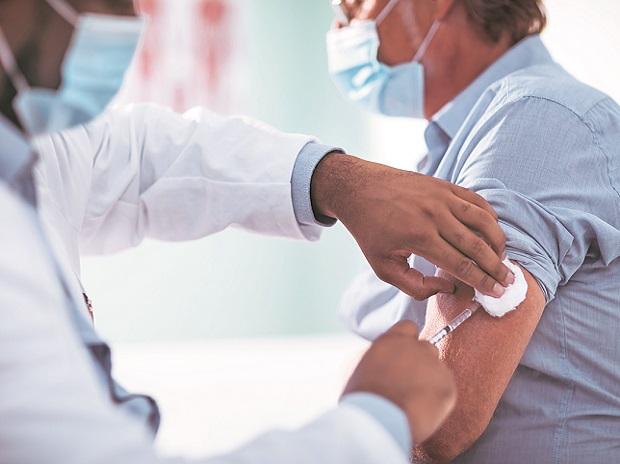Serum Institute of India will seek approval for a two full-dose regimen from the Indian drug regulator after its partner, Oxford University, cited data from early trials and said following such a regimen showed a better immune response.
After phase 3 trials, Oxford, which is developing the Covid-19 vaccine Covishield with AstraZeneca, had said a full dose followed by a half-dose regimen showed 90 per cent efficacy, while a full two-dose regimen showed 62 per cent efficacy. However, it had said more work needed to be done to affirm that result.
Suresh Jadhav, executive director of the Pune-based firm, said on Friday Serum was seeking approval from the Drug Controller General of India (DCGI) for the two-full dose regimen.
Trials in India over 1,600 people was done with two-full doses and the data has been submitted to the regulator. Earlier this month, the Subject Expert Committee, advising the regulator on vaccine approvals, had sought additional data from the firm.
Jadhav said that one half-dose, one full-dose regimen is not a planned activity. “It happened because one analytical method used to determine the potency was changed...the product that was formulated had half the antigen. In India, we have tested with two full-doses," he said.

The latest details from the phase 1 & 2 trials, released on Thursday, did not refer to the half-dose/full-dose regime, which Oxford has said had been "unplanned" but approved by regulators.
Sources said if AstraZeneca and Serum wanted to have a one half-dose and one full-dose regimen in India, it would need to submit further clinical data.
In November, a Serum spokesperson had said: “The AstraZeneca-Oxford vaccine is safe and effective. Even the lowest efficacy results are at 60-70 per cent, making it a viable vaccine against the virus. That said, varied age groups with different dosage forms will result in slight variations and efficacy. We must be patient and not panic."
(With inputs from Samreen Ahmad)
 Dear Reader,
Dear Reader,
Business Standard has always strived hard to provide up-to-date information and commentary on developments that are of interest to you and have wider political and economic implications for the country and the world. Your encouragement and constant feedback on how to improve our offering have only made our resolve and commitment to these ideals stronger. Even during these difficult times arising out of Covid-19, we continue to remain committed to keeping you informed and updated with credible news, authoritative views and incisive commentary on topical issues of relevance.
We, however, have a request.
As we battle the economic impact of the pandemic, we need your support even more, so that we can continue to offer you more quality content. Our subscription model has seen an encouraging response from many of you, who have subscribed to our online content. More subscription to our online content can only help us achieve the goals of offering you even better and more relevant content. We believe in free, fair and credible journalism. Your support through more subscriptions can help us practise the journalism to which we are committed.
Support quality journalism and subscribe to Business Standard.
Digital Editor

RECOMMENDED FOR YOU